Blogs and Free Resources
Here at °ÅÀÖÊÓƵ, our mission is to provide professionals like you with FREE practical and valuable tools, strategies,
and resources to assist with the great work you do. Find expert tips, helpful worksheets, demonstration videos, CE, news,
and more here. Happy learning!
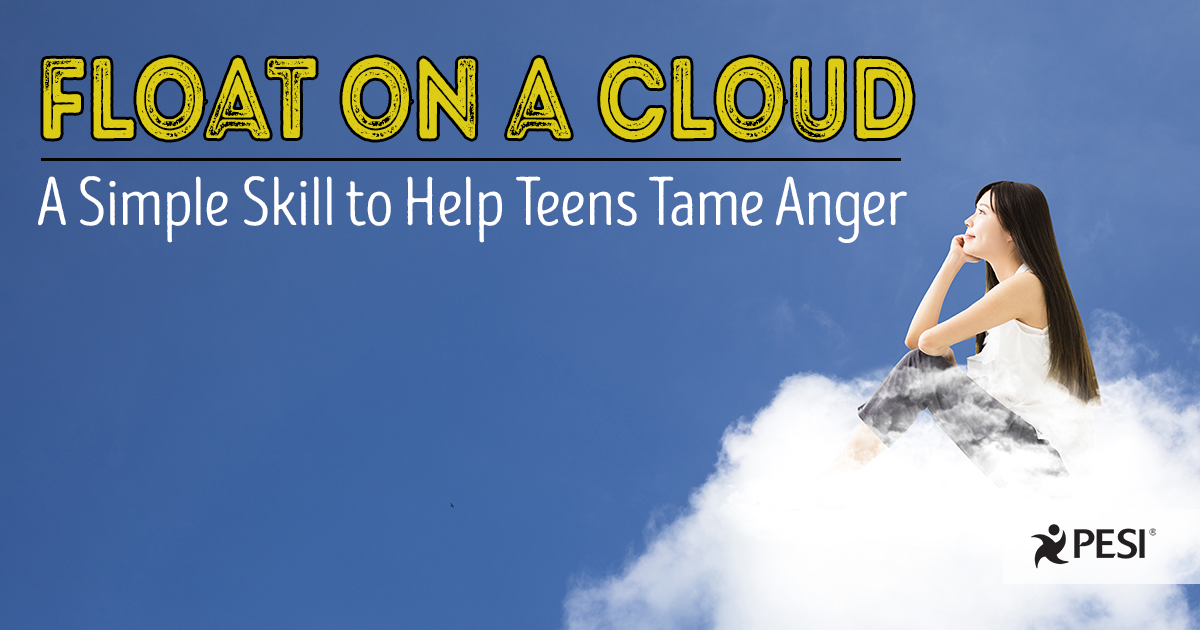
Letting Go of Anger
A simple skill to successfully manage teen anger
Float on a Cloud is a popular and highly effective tool to manage not only a teen's anger, but also those underlying, super-strong feelings felt immediately before anger such as: frustration, fear, hurt, failure, humiliation, shame, sadness, rejection, distrust, jealousy, inadequacy, and insecurity. Just follow these 4 simple steps...

Tips for Living the Life You Want
Think Your Greatest Success is Out of Reach? Think Again
By Andrea Brandt - In this second part of a three-part series adapted from the upcoming book Mindful Aging: Embracing Your Life after 50 to Find Fulfillment, Purpose, and Joy, author and clinician Andrea Brandt looks at how to increase awareness of what brings you joy.
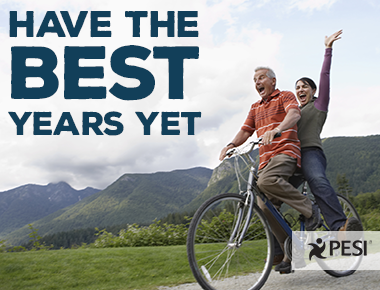
Creating a Mindset to Have the Best Years Yet
What Truly Happy People Have in Common
By Andrea Brandt - In this first of a three-part series adapted from the upcoming book Mindful Aging: Embracing Your Life after 50 to Find Fulfillment, Purpose, and Joy, author and clinician Andrea Brandt looks at how to nurture realistic positivity past 50.
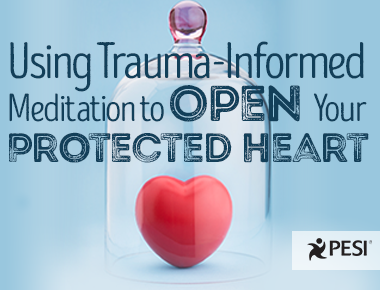
Trauma-Informed Meditation
It’s important to understand that traumatic experiences can significantly affect our perceptions and our sense of self, and can sensitize us to sensations, thoughts, and emotions. Fortunately, there are helpful ways to ensure that meditation instruction is trauma-informed, with an emphasis on grounding and physical and emotional security.
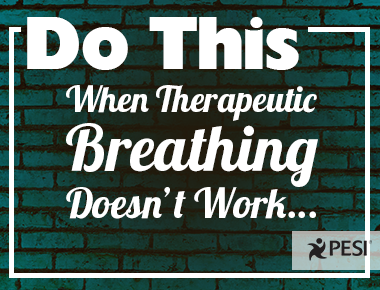
When Therapeutic Breathing Isn't Effective
You don't always have to know what's going on with your clients in order to help them...I had a client that just didn't benefit from therapeutic breathing, so I tried something different. Let me show you in this short video.
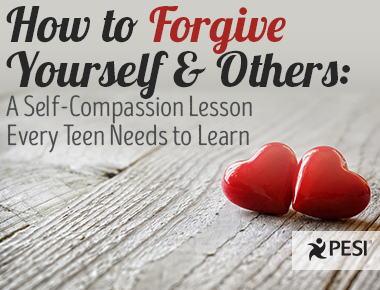
How to Forgive Yourself and Others
A Self- Compassion Lesson Every Teen Needs to Learn
Self-compassion and mindfulness skills can be adapted to almost any challenging situation teens face. The card deck I created provides over fifty conversation starters and exercises you can use with teens to help build mindful awareness, compassion, empathy, and kindness. Try this easy-to-implement exercise on forgiveness.
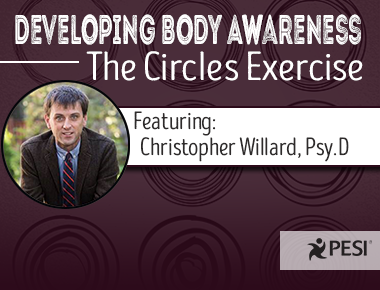
Developing Body Awareness
The Circle Exercise
The Circle Exercise is a great tool to use when you need a little bit of movement to wake up the mind and body and clear the head. It can be used with all ages, both individually or in a group.
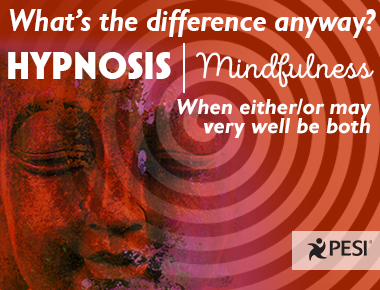
Mindfulness Vs. Hypnosis
What's the difference anyway?
Clients (and therapists making referrals) are usually fairly certain that they want one or the other. They feel that either hypnosis or mindfulness is what is needed. You want to stop smoking? Hypnosis. You want to calm down? Mindfulness. It is usually either/or, though the presenting issue may very well be both.
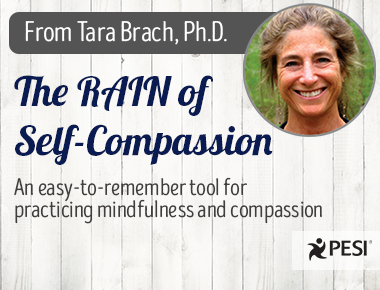
The RAIN of Self-Compassion
In order to unfold, self-compassion depends on honest, direct contact with our own vulnerability. This compassion fully blossoms when we actively offer care to ourselves. Yet when we’ve gotten stuck in the trance of unworthiness, it often feels impossible to arouse self-compassion. To help people address feelings of insecurity and unworthiness, I like to share a meditation I call the RAIN of Self-Compassion. This easy-to-remember tool for practicing mindfulness and compassion uses four simple steps…
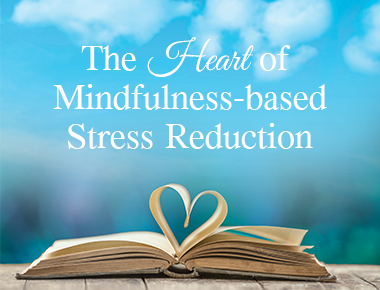
S.T.O.P.: An MBSR Practice for Developing Awareness
One of the things we practice in MBSR is becoming aware of the triggers of dissatisfaction and suffering. A wonderful way to maintain a greater sense of well-being is the ability to notice when things get a little off kilter and we start to experience unhappiness. It is in this moment that we can use the method of S.T.O.P. to allow ourselves to listen with open hearts and minds and commit to being freer and happier.

